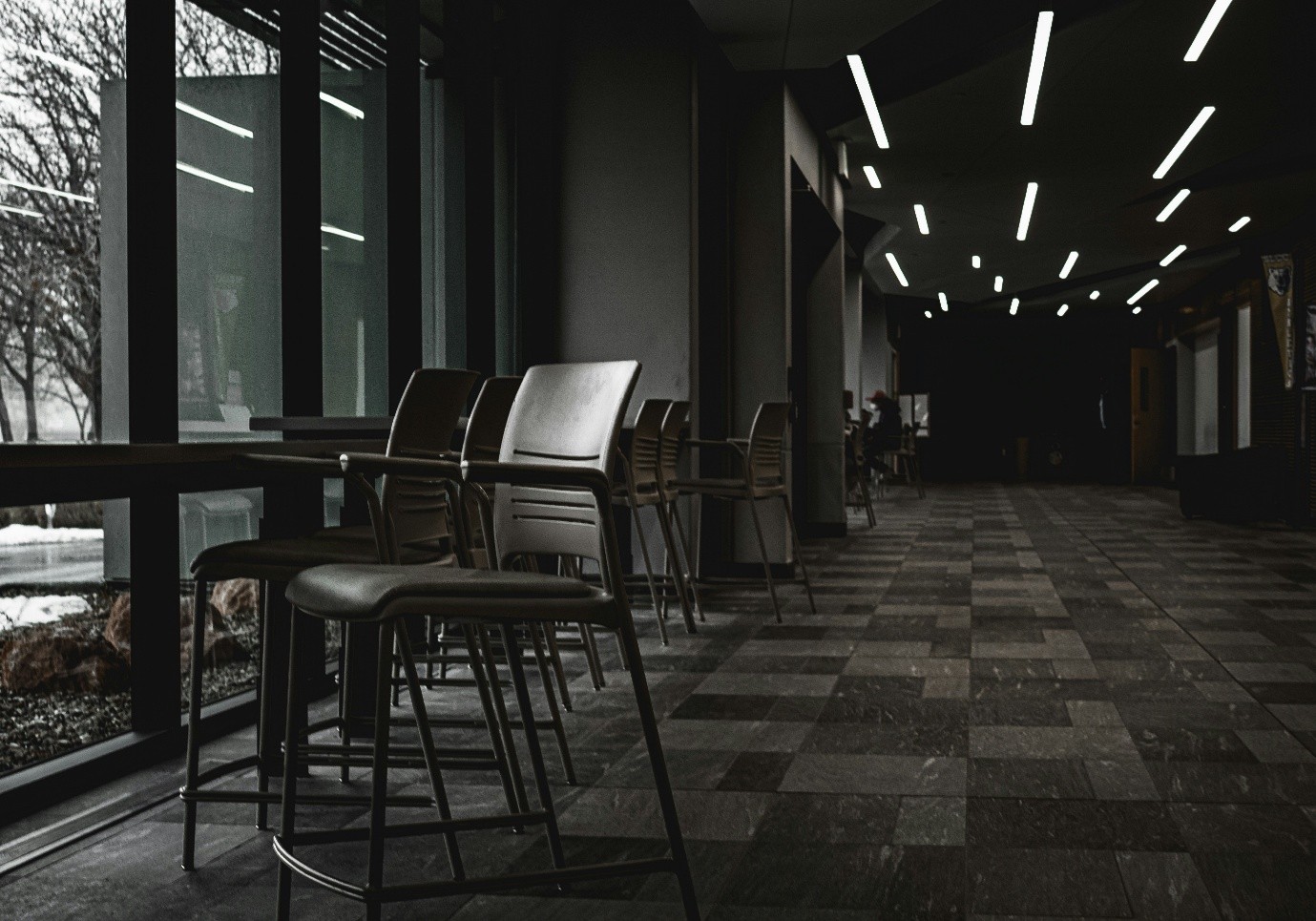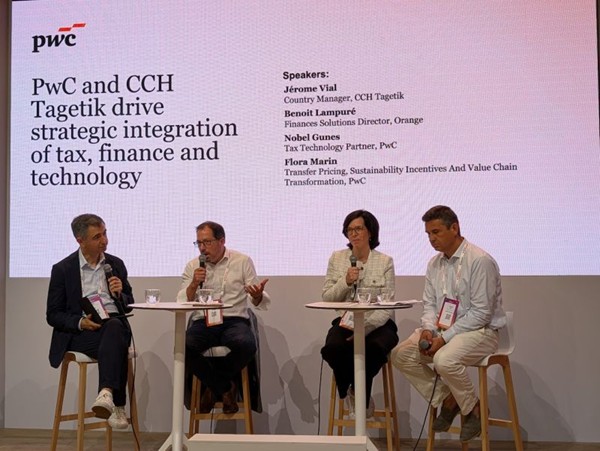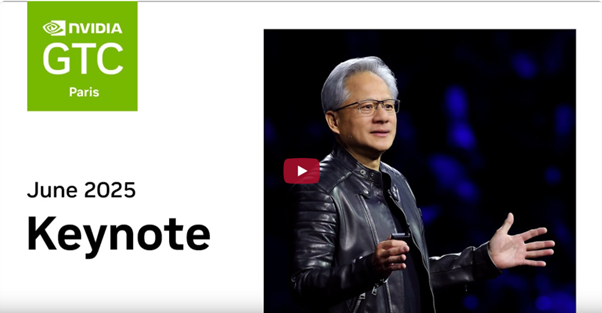Some mornings I count more screens before coffee than is good for me. Car display. Phone. Watch. The SNCF “your train is late” panel. Laptop. Lobby panel. Meeting room console. By 9 a.m., I’ve already answered five different interfaces about things I didn’t come to do. And it’s exhausting. Lately, the best moments at work, and in life are the ones where technology steps back and the room quietly helps.
Ambient intelligence sounds grand. In practice it’s simple: the environment understands enough of what’s going on to be useful without stealing attention and energy. The car warms the cabin and my seat (the comfort! 😊) and shares a clean ETA with the front desk and my assistant. The office clusters my team on the same floor because we’re in the last mile of an important delivery deadline. I walk into a room and without saying “start”; it joins the right call, frames speakers, focuses the camera and remembers to capture decisions so I don’t spend lunch tidying notes. This feels less like magic and more like manners.
Behind that calm surface live AI assistants that are learning to behave like agents. An assistant waits (patiently, endlessly, aimlessly) for instructions. An agent carries context across systems, acts, and explains itself. That difference is what turns a passive office or living room into a helpful one. When it works, I stop juggling windows (and wasting time) and go back to the human conversation I came for. When tech works, I should -almost- not even notice it is there in the first place.
People ask me if Copilot can become an ambient office. Pieces are already here. In meetings, I now get recaps that read like a colleague actually took notes. In the flow of work, my calendar and collaboration tools quietly propose sane options: times that suit everyone, consolidated past elements crucial for my next meeting, clear to-do’s, a gentle nudge when travel makes a slot unrealistic. It feels less like software demanding choices and more like a teammate reducing them. Tech as an attentive team player.
One more frontier is edging into view quickly: on-face computing. Right now, that mostly looks like voice-first glasses: light frames with microphones, cameras you can disable, and an assistant you can summon without taking out a phone. They’re good for small, private asks: “What’s my next meeting?” “Share my ETA.” “Translate that sign.” I can imagine the power when agents kick in through that form factor. As the tech matures, a subtle HUD layer becomes believable: a room number appearing at the edge of your vision as you approach, a subtitle when accents collide, a soft arrow to the right elevator, a private cue that the agenda just flipped. Pair that with bone-conduction audio and you keep eyes up, hands free, and conversations intact. The ground rules for me as CIO are non-negotiable: no covert capture, obvious status lights, spaces with clear “recording boundaries,” and one gesture to stop everything.
All of this only holds if the social contract is perfectly clear. Privacy, consent and safety by design. Rooms, systems, glasses and cars should show their status and change it out loud. A light comes on when we’re recording. A short reminder plays when it stops. There’s a log I can open later to see what happened and undo it. Local by default, cloud by consent. If confidence drops, the system asks. If stakes are high, I decide. Quiet reliability beats clever surprises every day.
At home, the same pattern should soon soften the edges of family life. “Wind down” means lights warm, doors check themselves, and the dryer keeps its victory chime to itself because your baby is finally asleep. The house doesn’t chatter on my phone. It leaves a breadcrumb where it matters. A front door that recognizes guests you’ve pre-approved, a bedtime scene that adapts to pollen and outside noise, a kitchen that suggests a recipe based on what’s actually on the shelf and cleans up the shopping list for tomorrow… always with a physical switch to say “not tonight.”
I used to measure a day by how many tasks I checked off. Now I notice how many times I didn’t have to look down. That’s my private metric for progress. Fewer taps. Faster intent. Clearer consent. More time and focus in the moments that count. Distraction is my new enemy.
We’ll keep building the big platforms and the careful policies behind them. The goal of tech stays small and human: help, then disappear.



